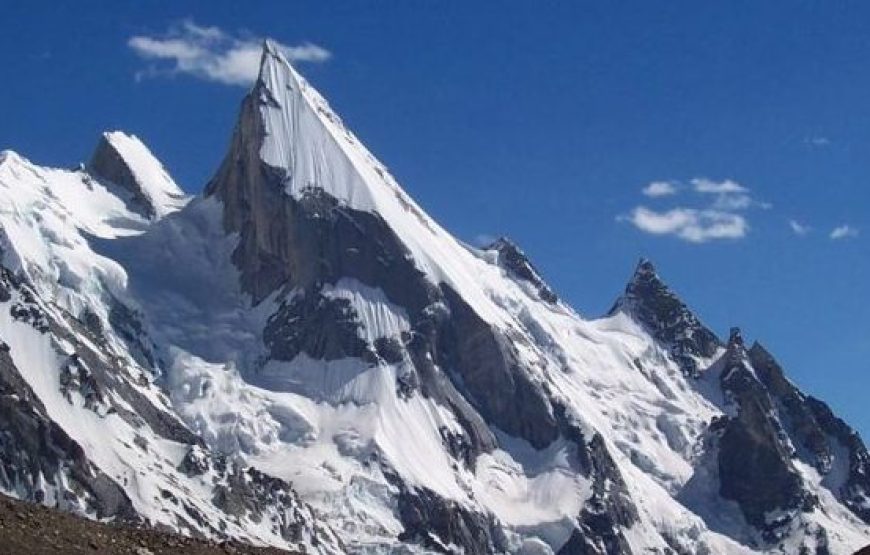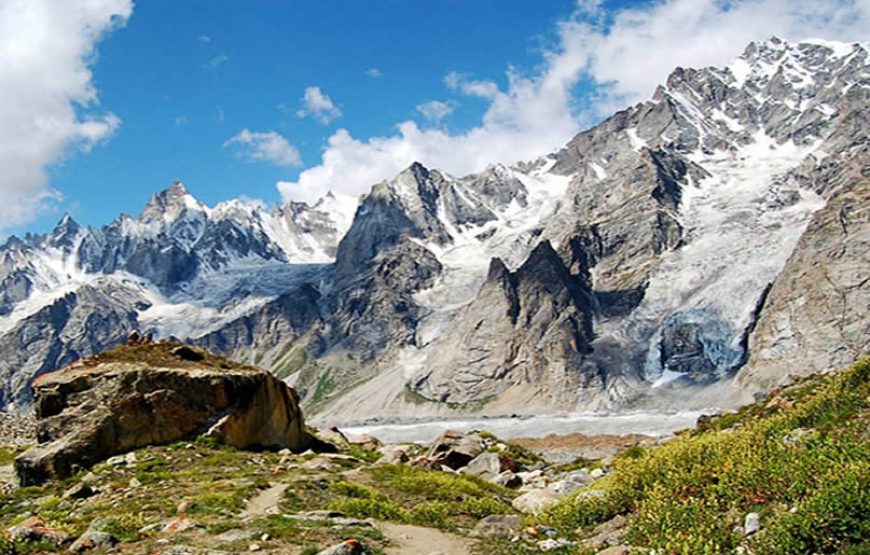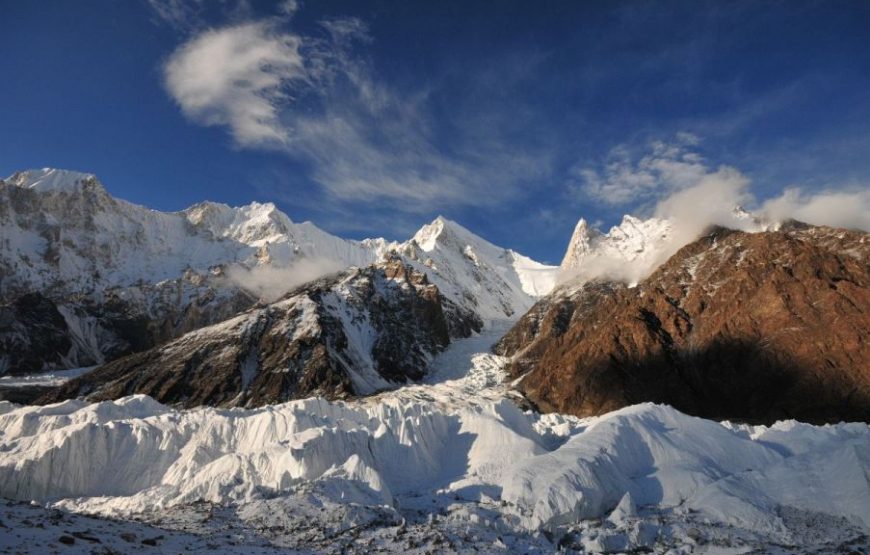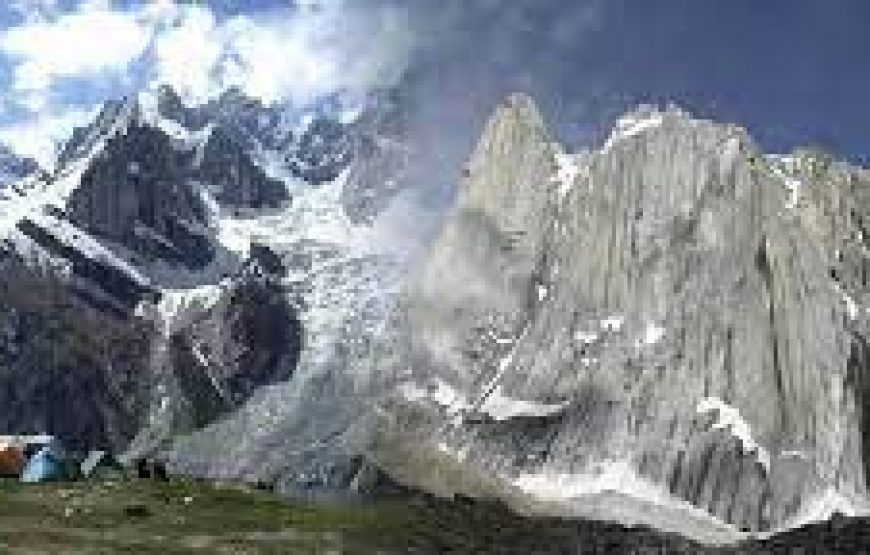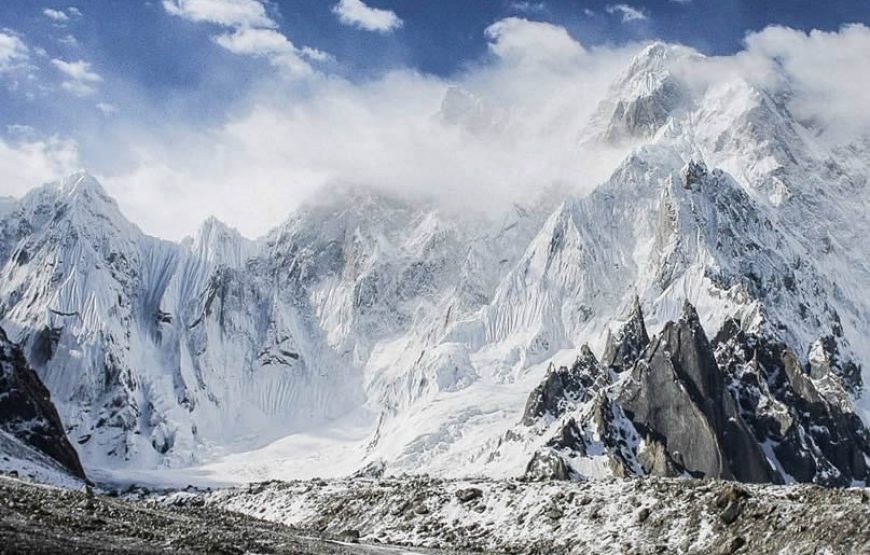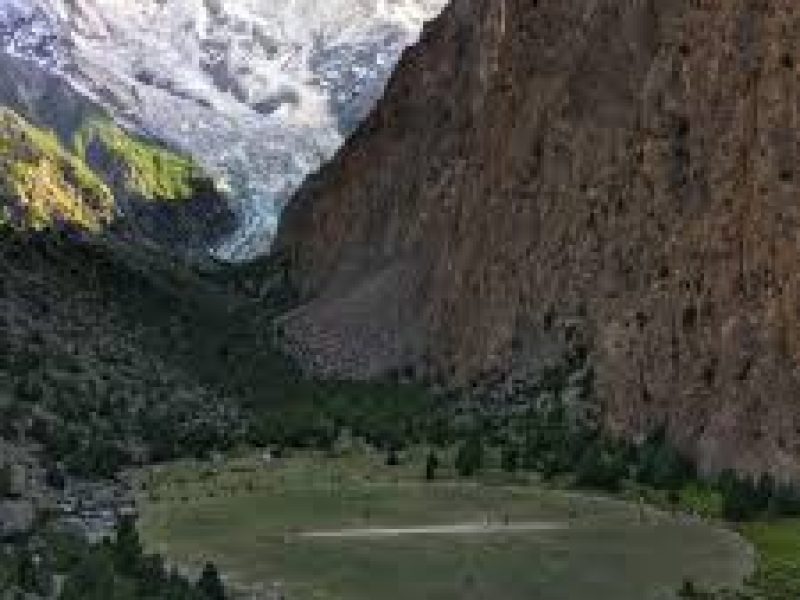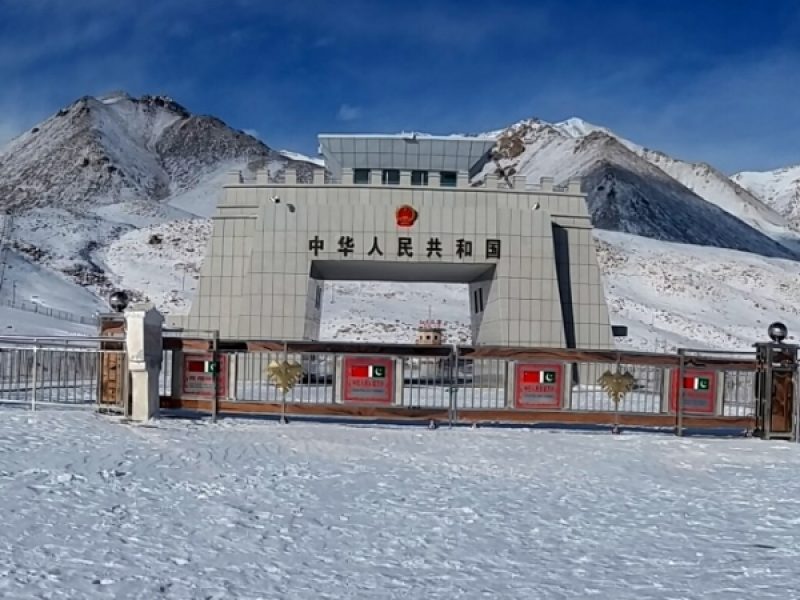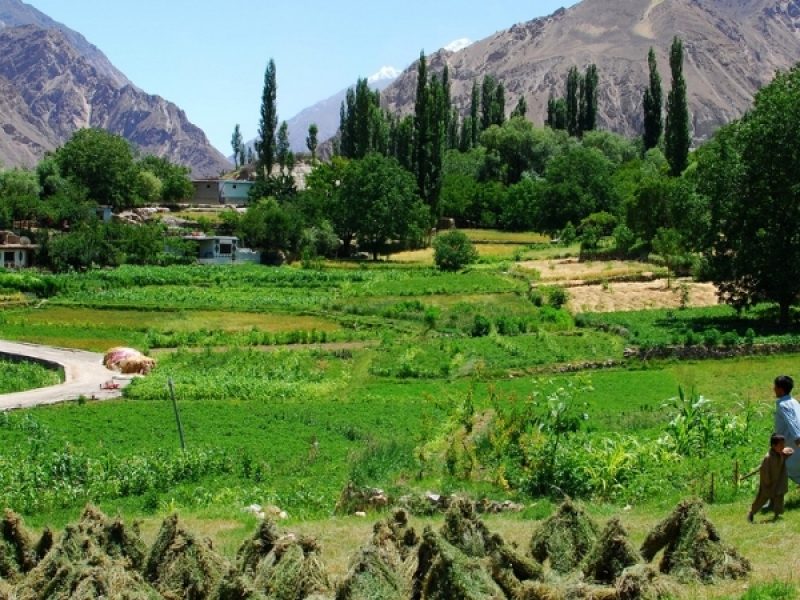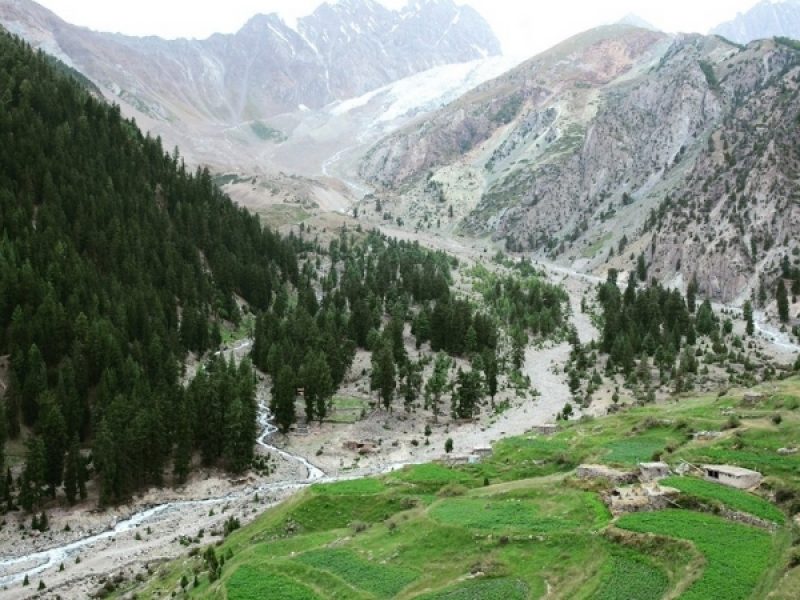FAQs
Pakistan has only been negatively advertised by the mainstream international media. A country of more than 220 million people, Pakistan is among the low crime rate states. An odd incident may happen as it happens everywhere in the world. Feedback, guest reviews, and Vlogs by international travelers visiting different regions of Pakistan at different times are testimony safety and warm hospitality of its people. Besides holiday makers, there are hundreds of foreigners working in multinational companies, NGOs, and diplomats serving foreign missions who travel the length and breadth of Pakistan comfortably. Tourists are only advised to use the services of registered and reputed travel agencies to ensure the most comfortable and reliable holiday possible.
As health regulations change from time to time, it is best to check for the latest advice while applying for a Pakistani visa at the Pakistani embassy in your country. After the outburst of Covid 19, there are strict regulations by airlines and destinations on traveling. Vaccination certificates against Covid 19 must be carried out while Covid 19 negative (PCR) tests are mandatory before traveling to and out of Pakistan. For further assistance please visit https://covid.gov.pk/
The K6/K7, Gondogoro La, Mashabrum BC Trek is a combination of three short treks and is considered a medium range trek. The strenuous part is only the day hike to the Gondogoro peak and the hike is a choice. A prior trekking experience can help accomplish this trek easily.
Please share your plan, dates and other people planning to travel with you so that we can arrange accordingly.
To easily do this trek, you need to be able to walk along a rugged terrain, including rough, rocky trails and glacial track on an average 8 hours a day while gaining a fair amount of altitude. To get acclimatized, you will be required to go through some hard physical exercises and some expert advice before doing this trek. Running, long walks, hiking, cycling, cardio exercises, and yoga can be a great help.
Starting from an elevation of 2500m in Skardu town, you find yourself at 4600m at K6/K7 BC, 5650m Gondogoro Peak, 4280m Mashabrum BC. Since this trek involves doing three of the key short treks; Gondogoro peak obviously has the highest altitude.
There is a detailed list of must-carry and optional equipment’s which covers the required equipment and baggage to carry. If you have previous trekking experience, you may select your personal requirement.
● Important medicine/first aid kit
● Hiking backpack and sticks
● Head-torch/flashlight with extra batteries
● High altitude sleeping bag
● Sunglasses
● Sunblock and lip balm
● Water bottle
● Glows and warm pairs of socks
● Warm cap, hat, and scarf
● Full sleeves shirt and thermal suit
● Waterproof trousers and raincoat
● Trekking shoes and flip-flops
● Trekking poles
● Warm layers of clothing
● Camera with additional batteries (optional)
● Cell phone with charger and charging bank (optional)
● Binoculars (optional)
Certain basic equipment’s (either brand new or in used condition) can be purchased in Skardu but it’s not guaranteed whether you can get everything you want. The equipment includes tents, mattresses, backpack, hiking rope, sunglasses, crampons, harness, helmet, trekking poles, gloves, socks, jackets, trousers, etc. Price for used equipment is negotiable. Most trekking groups/expeditions sell equipment on their way back instead of carrying back home.
We are a Member Company of Pakistan Association of Tour Operators (PATO) and helicopter rescue plan is part of the program we offer.
For any rescue mission we are required to deposit advance payment in favor of PATO out of which a small percentage is non-refundable (will be discussed at the time of confirmation) while rest is refundable (in case service was not availed). This entire amount is required to be paid by the client in advance. If there is any insurance policy on part of the client that can cover the impending bill, that needs to be submitted.
We do. We can organize customized tours/treks for solo trekkers and groups of any volume, but we prefer not more than 12. All we need is the information on the interest, dates, and number of persons with special instructions if any.
The maximum size of our groups is 2 persons and the average size of our groups is 8 members. We can handle any size of group but we prefer between 15 and 20.
During this trek, all three meals including breakfast, lunch, and dinner) will be served to the participants. A combination of Foreign and Pakistani meals will be included in our food plan. The ingredients for the food will be procured in Pakistan. Breakfasts will have coffee, cereal, tea, eggs, muesli/porridge, bread/chapatti included. Lunches will be consumed during lunch breaks on the trek with options include canned/tinned meals (meat, fish), pickles, crackers, chapatti, pate, cheese etc. Weather has a very important role in deciding our lunch menu for the day; the participants will begin the lunch with consuming or end it with tea or coffee, juice, soup etc.
The dinner will always be served in the mess tent and the participants will gather to eat the food freshly prepared by the cooks travelling with our group. The first few days of the trekking, fresh vegetables will be served in food if they are fresh and healthy. All the participants who are vegetarian, they must communicate with our office and inform us on advance basis if they need a vegetarian food plan during the trek.
During the trek, Iodized water will be available for the participants throughout the mornings, while taking breaks and camping. Everyone will be consuming spring water every time its available otherwise if we run out of options for the participants may drink glacier water that possibly have silt. The kitchen containers which are very large in size are used to keep the water storage and it is also helpful in settling down the silt particles at the bottom. If any participants have any issue with odor of iodine, they may bring their own supplies of bi-carbonated soda. Traditional methods are effective and work very well for everyone there is no harm in the experimentation of new methods.
While few nights will be spent in the capital city of Islamabad and the town of Skardu, the rest of the nights will consist of camping in tents between the magnificent mountains. The accommodation arrangement is Islamabad is of standard hotels while our hotels selected in Skardu town are among the best. Rooms at our provided hotels will be on twin sharing basis with en-suite amenities.
At the time of camping, the participants will be sharing a tent fit for two persons. If any participant is coming alone on this trek, he/she will be accommodated with one of the other members for tent and room sharing. For strangers and solo trekkers, first preference will be given to same gender stays. Nevertheless, a participant can opt for separate tent of hotel rooms as he/she likes, however additional cost will be incurred for making separate arrangement. Any participants seeking separate accommodation must inform our office in advance.
During the trekking days, our guide will wake up the participants for coffee or a warm cup of tea which we be followed by a decent breakfast inside the mess tent. There will be plenty time before the breakfast to pack the bags. After the breakfast the camps will be closed, and the porters will get back to their work handling supplies and luggage ahead of the participants to reach at the lunch site and make preparation for meals. Porters will repeat the process as they will follow ‘trek earlier’ approach in order to prepare dinner for the participants. Standard trek duration before the lunch will be between 3-4 hours.
Generally, one hour is required for the lunch which makes it a very good time to gain your strength back, relax, write and read etc.
Trekking after the lunch will be shorter as compared to trek before the lunch. Once you arrive at the next camp site, the camps will already be setup or in progress. Upon arrival to the camp the participants will be served a hot beverage and dinner will be served when it’s prepared. Participants can rest, read, write, socialize, film and photograph upon reaching a camp. Temperature decreases at night normally; participants can get comfortable in their sleeping bags and get a good sleep before next day.
All nationalities must obtain a valid visa for entry into Pakistan. Tourists are advised to contact the nearest Pakistan Embassy/High Commission/consulate in their respected country/city. For the detailed information on visa, please refer to https://visa.nadra.gov.pk/ Pakistan does have visa on arrival facility for a number of countries. Please check the details here https://visa.nadra.gov.pk/visa-on-arrival-tourist/
Portable chargers, storage cards and extra batteries may be required during the trekking holiday. We advise you to make a relevant list of adapters, sockets and any other kind of electrical items you might require keeping your devices function as long as possible.
Tipping in Pakistan is not obligatory; it is entirely at one’s own discretion. Staff generally expects to be tipped at the end of the tour. If the staff during the trip performed well, a good tip is considered well-deserved. However, there is no defined amount as it depends on the situation, number of days spent and performance of the staff. With groups clients can join in to add to an amount.

